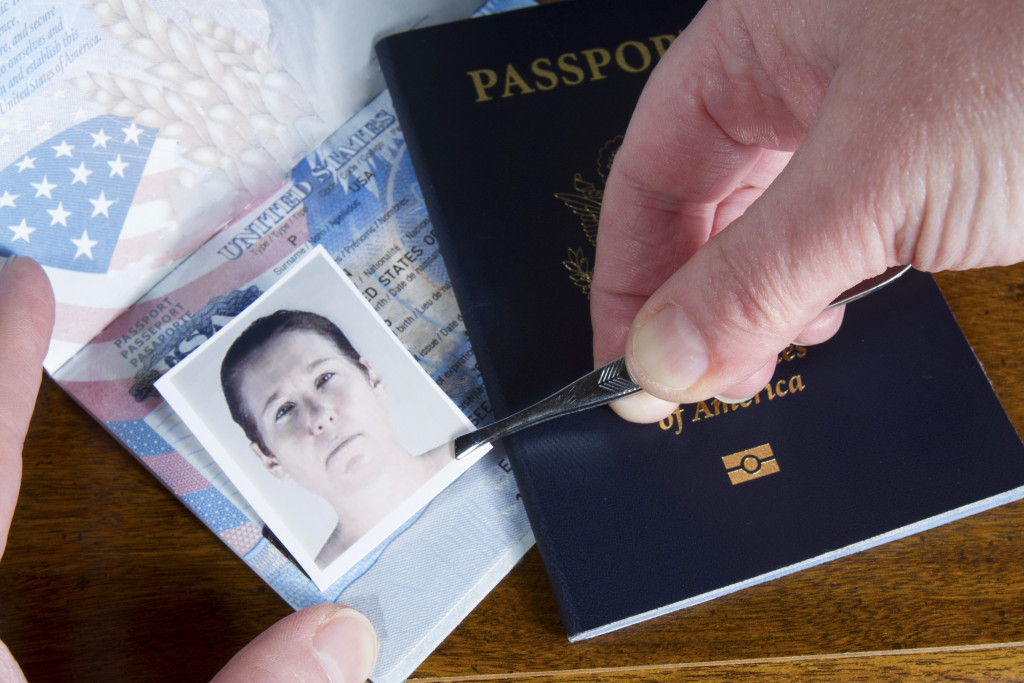- Seek a lawyer experienced in forgery cases to help you understand and navigate the charges.
- Know the exact charges you face, including uttering a forged instrument, using false documents, altering public records, or false representation.
- Maintain honesty and cooperation with authorities while asserting your rights. Avoid aggression or uncooperativeness.
- Document all evidence and conversations relevant to your case, ensuring truthful communication.
- Consider a plea deal if the evidence against you is compelling; understand the implications before agreeing.
Forgery is a serious criminal offense in which one person uses another person’s signature or handwriting to commit fraud or deceive someone for personal gain. If you have been accused of forgery, it is crucial to understand your legal options and take the necessary steps to protect your rights. This blog post will discuss some legal tips you should know if you are facing forgery accusations.
Seek Legal Representation
The first and most crucial step if you have been accused of forgery is to seek legal representation. A skilled criminal defense attorney can analyze your case and advise you on the best course of action. Your lawyer can also help you navigate the legal system and protect your rights throughout the legal process.
Look for an attorney who has experience handling forgery cases. Ask questions about their qualifications and former client success stories to understand the lawyer’s skill and knowledge of the law.

Understand the Charges
Before you can mount a strong defense, you need to know precisely what you are being accused of. The prosecution must prove beyond a reasonable doubt that you committed forgery intending to deceive or defraud. You need to understand the specific charges against you and the evidence against you. This information will help you and your lawyer plan a legal strategy and build a robust defense. Here are some common charges associated with forgery:
Uttering or possessing a forged instrument
If you are accused of uttering or possessing a forged instrument, the prosecution must prove that you presented a document to deceive someone. You must also have known that the document was forged.
Use of a false document
Some states also have laws that make it a crime to use false documents. Many states, for example, make it a crime to use false IDs. The prosecution must show that you knew the document was false to be convicted of this charge.
Altering or forging a public record
Because public records are kept to ensure accuracy and transparency, altering or forging a public document is considered a serious offense. Some states make it a crime to alter or forge any kind of public record, including birth certificates, marriage licenses, and voter registration cards.
False representation
False representation or impersonation is also a crime in most states. This charge applies when you falsely represent yourself as another person to obtain something of value, such as money or goods.
Be Honest and Cooperative
If you are innocent of the charges, being uncooperative or aggressive with law enforcement officials can be tempting. However, this type of behavior will only make matters worse for you. Being honest and cooperative with the authorities while asserting your rights is essential. Refusing to cooperate or giving false information can be used against you in court.

Document Everything
When you are accused of forgery, there may be evidence that can support your case. You should document everything related to the case, including conversations with witnesses, law enforcement officials, and your lawyer. You should also keep copies of relevant documents, such as emails, texts, or other communications that may help you in court. Your lawyer can advise you on how to collect and document evidence.
When gathering evidence, it is essential to remember that all communications should be truthful. Filling in gaps with false information or exaggerating details could incur additional charges. Don’t make any admissions without first consulting with your lawyer.
Consider a Plea Deal
If the evidence against you is compelling, it may be prudent to contemplate accepting a plea agreement. It entails pleading guilty to a minor charge or confessing culpability in return for a mitigated sentence. Your lawyer can explain the pros and cons of this option and help you negotiate the best deal possible. Make sure to understand the consequences of entering a plea deal before deciding.
If you are accused of forgery, taking the charges seriously and seeking legal representation as soon as possible is crucial. An experienced attorney can help you understand the charges against you, build a strong defense, and negotiate a plea deal if necessary. Be honest, cooperative, and document everything related to the case. With the right legal help, you can protect your rights, fight the charges, and avoid a conviction that could impact your future.

